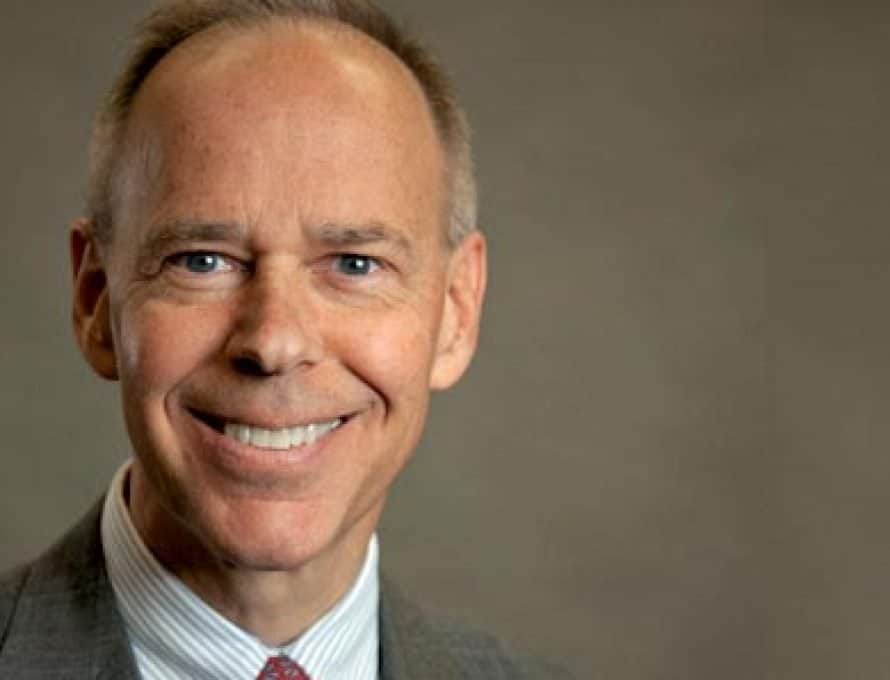As we learned in the last column, glorification is the means by which God fully reverses the effects of the Fall, purging sin and its stain from the created order. It involves the return of Jesus, the future resurrection and judgment of all people, and the creation of new heavens and a new earth.
The glory we experience now as Christ lives in us, and the glory we experience in death as our souls / spirits ascend into heaven, are partial works of glorification. But full glorification for followers of Jesus takes place when He calls our bodies from the grave and gives us incorruptible bodies similar to the body He bore when He rose from the dead.
Physical resurrection is the apogee of personal glorification, for in it we shrug off the last vestiges of sin that have clung to our mortal bodies. In glorification, the effects of the Fall are fully and finally reversed.
At the return of Christ, all who have died in the Lord are resurrected. Their souls / spirits, which are in heaven with Jesus, are reunited with their bodies, resulting in complete personal glorification; the body, soul, and spirit are fully conformed to the image of Christ and thus free of any effects of the Fall. Christians alive on the earth at the return of Christ are instantly transformed as they are given glorified bodies; at the same time, their souls / spirits are perfected as well.
Prepared for glory
While several New Testament passages describe this transformation, Paul gives us the most complete picture in 1 Corinthians 15. In verses 35-41, he uses three analogies from nature – seeds, flesh, and celestial bodies – to explain how God takes the bodies of deceased believers and prepares them for everlasting glory.
With that as a backdrop, Paul differentiates between the believer’s mortal and immortal body. Our bodies therefore are:
Sown in corruption, raised in incorruption (v. 42b). Physical death is the natural result of living in a perishable body. We get sick, grow old, and simply wear out. Even death by natural causes means the fittest body can’t live forever. Even those raised from the dead in Scripture – from the son of the widow at Zarephath to Lazarus – died a second time because they did not receive glorified bodies.
However, God fashions our future resurrection bodies in such a way that they are immune to sickness, disease, aging, and decay. Put another way, our glorified bodies are guaranteed to last as long as Jesus’ resurrected body.
Sown in dishonor, raised in glory (v. 43a). Paul may be thinking ahead to verses 47-49 in depicting our earthly bodies as dishonorable. The first man, Adam, left us a legacy of dishonor. He willfully disobeyed God, made excuses for his sin, and even implicated God in the process. As a result, he passed to us a natural tendency to live independently of God, which manifests itself in sin in every human life.
Our earthly rap sheets are exceedingly long and notoriously disgraceful. Standing in sharp contrast, however, are believers’ resurrection bodies, which no longer bear the stamp of sin, and thus radiate the Christlike qualities of holiness, integrity, reliability, and wisdom.
Sown in weakness, raised in power (v. 43b). The Greek word rendered “weakness” is astheneia and means frailty, sickness, or disease. Our present earthly bodies cannot overpower the effects of living in a sinful and fallen world. Ultimately, the curse of sin is victorious even over the most fit human specimens, and we all succumb to death in a thousand awful ways.
But our resurrection bodies are raised in power. The Greek dynamis means might, strength, or ability. Often in the New Testament, it is connected with miraculous power, particularly with respect to the power of God and the miracles of Jesus. Our glorified bodies are powered by God, who destroys the vestiges of sin plaguing our earthly bodies.
Sown a natural body, raised a spiritual body (v. 44a). Paul distinguishes between the bodies we now possess and the bodies we put on in glorification. Today, we have a soma psychikos, or a natural body. This means more than just flesh and blood, however. It refers to a living human being that belongs to the natural world.
But in resurrection, we receive a soma pneumatikos, or a spiritual body. This means that the Holy Spirit preserves and directs our glorified bodies.
Our glorification in resurrection is not a lengthy process. Rather, Paul reveals to us a mystery: “We will not all fall asleep, but we will all be changed, in a moment, in the twinkling of an eye, at the last trumpet” (vv. 51b-52a). Whether we are raised from the dead or transformed as living Christians on earth into glorified believers, the promise of Christ’s return should cause us to rejoice, as Paul does: “But thanks be to God, who gives us the victory through our Lord Jesus Christ!” (v. 57).

